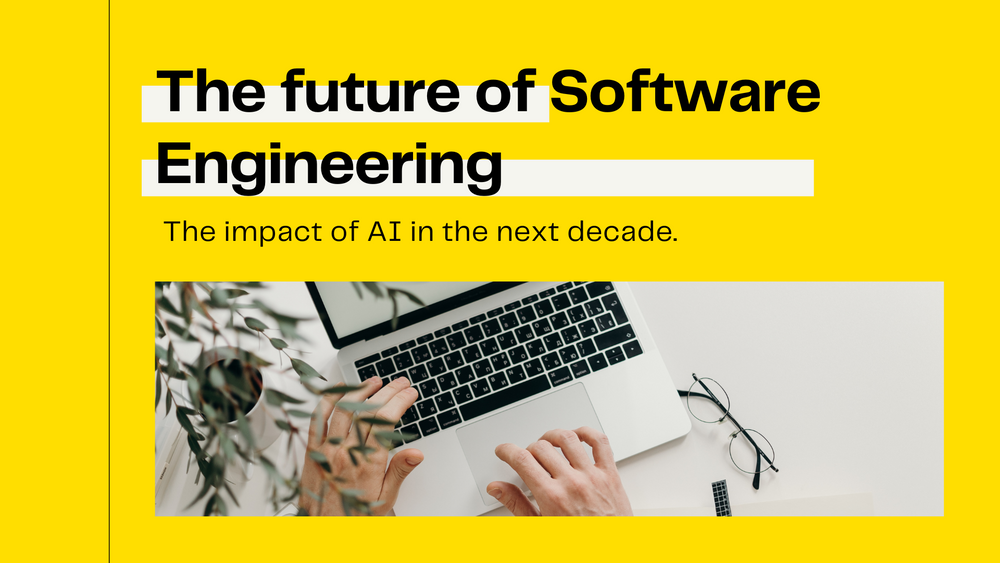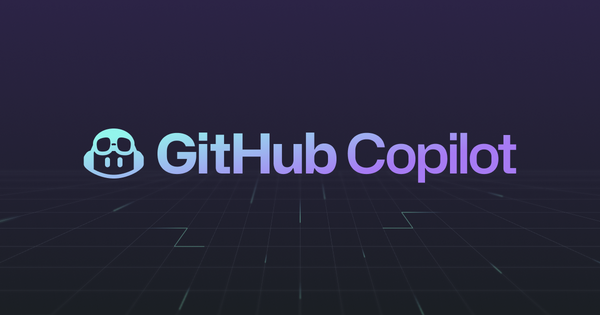How AI Will Change Software Engineering in the Next 10 Years
Artificial Intelligence (AI) is rapidly transforming numerous industries, and software engineering is no exception. As we look ahead to the next decade, it's clear that AI will play a pivotal role in reshaping how software is developed, tested, and maintained. In this blog post, we will explore how AI is set to revolutionize software engineering, making it more efficient, resilient, and innovative.
Introduction
The software engineering landscape has always been dynamic, driven by continuous technological advancements. However, the advent of AI marks a significant milestone, promising to elevate software development to new heights. From automating routine tasks to enhancing code quality and predicting potential issues, AI is poised to be a game-changer. This post delves into the ways AI will influence software engineering over the next ten years, focusing on key areas such as code generation, testing, maintenance, and the overall development process.
AI-Powered Code Generation and Assistance
One of the most immediate impacts of AI in software engineering is in the realm of code generation. AI-powered tools like GitHub Copilot and OpenAI’s Codex are already assisting developers by suggesting code snippets, auto-completing code, and even generating entire functions based on natural language descriptions.
Benefits of AI-Powered Code Generation
- Increased Productivity: AI tools can handle repetitive coding tasks, allowing developers to focus on more complex aspects of software development.
- Improved Code Quality: AI can analyze vast amounts of code to identify best practices and common errors, helping developers write cleaner, more efficient code.
- Learning and Skill Enhancement: Junior developers can benefit from AI tools that provide real-time feedback and suggestions, accelerating their learning curve.
Example: GitHub Copilot
GitHub Copilot, developed by GitHub in collaboration with OpenAI, is a prime example of how AI can assist in coding. It uses machine learning models trained on public code repositories to recommend context-aware code snippets, making coding faster and more intuitive.

AI in Software Testing and QA
Software testing is a critical phase in the development lifecycle, and AI is set to revolutionize this area by introducing more automation and intelligence.
AI-Driven Test Automation
AI can create, execute, and manage test cases with minimal human intervention. Tools like Testim and Applitools leverage AI to identify changes in the application, adapt tests accordingly, and even predict which test cases are most likely to fail.
Predictive Analytics for QA
AI can analyze historical data from past projects to predict potential defects in the current project. This allows developers to address issues proactively, reducing the time and cost associated with fixing bugs post-deployment.
Benefits of AI in Testing
- Faster Testing Cycles: AI can run extensive test suites much faster than manual testing, significantly reducing the time to market.
- Higher Accuracy: AI-driven tests are less prone to human error, ensuring more reliable and consistent results.
- Continuous Improvement: AI systems learn from each test run, continuously improving their effectiveness and efficiency.
AI for Software Maintenance and Debugging
Maintenance and debugging are often time-consuming and complex tasks in software engineering. AI can streamline these processes through intelligent automation and analysis.
Automated Bug Fixing
AI can automatically detect and fix bugs in the code. By analyzing code patterns and historical bug data, AI systems can propose fixes that developers can review and integrate.
Predictive Maintenance
AI can predict potential system failures and performance issues by analyzing usage patterns and system logs. This enables proactive maintenance, reducing downtime and improving system reliability.
Benefits of AI in Maintenance
- Reduced Downtime: Predictive maintenance helps avoid unexpected system failures, ensuring continuous operation.
- Cost Savings: Automated bug fixing and proactive maintenance can significantly reduce the costs associated with manual debugging and system outages.
- Enhanced Performance: AI-driven analysis can identify performance bottlenecks and suggest optimizations, improving overall system efficiency.
Conclusion
The integration of AI into software engineering is not just a trend but a transformative shift that will redefine how software is developed, tested, and maintained. Over the next decade, we can expect AI to play an increasingly central role, driving efficiencies and innovations across the software development lifecycle.
Key Takeaways
- Enhanced Productivity: AI-powered tools will automate routine tasks, allowing developers to focus on more strategic and creative aspects of development.
- Improved Quality: AI will help in writing cleaner, more efficient code, and identifying potential issues early in the development process.
- Faster Time to Market: With AI-driven testing and automated bug fixing, software can be developed and deployed faster, meeting the ever-increasing demands of the market.
As we embrace this AI-driven future, it’s crucial for developers to stay updated with the latest AI advancements and integrate these tools into their workflows. By doing so, we can harness the full potential of AI, paving the way for a new era of software engineering.
In conclusion, the future of software engineering is bright and exciting, with AI leading the charge. By embracing AI, developers and organizations can achieve unprecedented levels of efficiency, quality, and innovation. The next ten years will undoubtedly witness remarkable advancements, making software engineering more dynamic and impactful than ever before.



